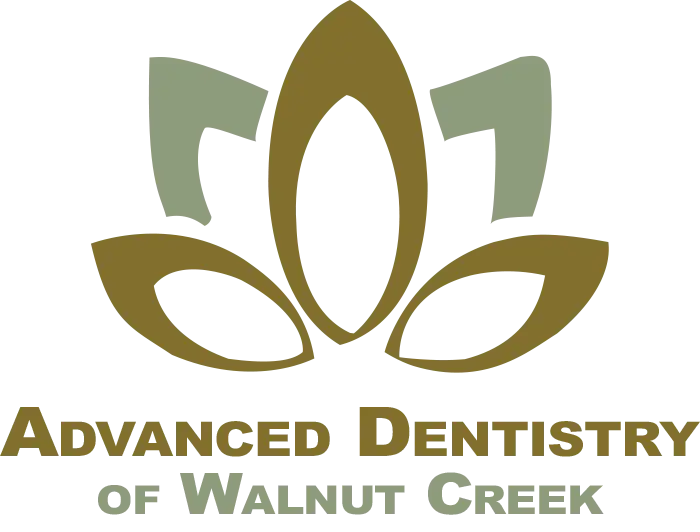![This is a thumbnail image of blog What is the Process for Getting Dental Veneers? This is a thumbnail image of blog What is the Process for Getting Dental Veneers?]()
What is the Process for Getting Dental Veneers?
Apr 28, 2022![This is a thumbnail image of blog Don’t Hold Back Your Smile In A Picture This is a thumbnail image of blog Don’t Hold Back Your Smile In A Picture]()
Don’t Hold Back Your Smile In A Picture
May 04, 2022![This is a thumbnail image of blog Welcome to Advanced Dentistry Of Walnut Creek This is a thumbnail image of blog Welcome to Advanced Dentistry Of Walnut Creek]()
Welcome to Advanced Dentistry Of Walnut Creek
May 09, 2022![This is a thumbnail image of blog Is It Better To Have an Orthodontist Apply Invisalign Aligners Than a General Dentist? This is a thumbnail image of blog Is It Better To Have an Orthodontist Apply Invisalign Aligners Than a General Dentist?]()
Is It Better To Have an Orthodontist Apply Invisalign Aligners Than a General Dentist?
Apr 28, 2022![This is a thumbnail image of blog Dental Emergency? Give Us A Call This is a thumbnail image of blog Dental Emergency? Give Us A Call]()
Dental Emergency? Give Us A Call
May 05, 2022
How Can I Permanently Get Rid of Bad Breath?

How Can I Permanently Get Rid of Bad Breath?
Bad breath is an embarrassing problem to have. Most people aren’t aware that bad breath is usually a symptom of a larger problem. In most cases, halitosis is a sign that something is amiss inside of your mouth. Listed below are a few of the probable causes of bad breath:
Brushing your teeth
Using a soft bristle toothbrush and fluoride toothpaste twice a day will help get rid of bad breath. Brush the outer and inner surfaces of each tooth using short back-and-forth motions with gentle pressure. Change your toothbrush every two to three months or when it begins to show signs of wear. Bristles become stiff when the toothbrush is worn out. This prevents the toothbrush from effectively cleaning teeth and removing odor-causing plaque and debris. The American Dental Association recommends brushing for at least two minutes each time. Make sure to also brush along the gum line to dislodge any trapped food or debris that can contribute to unpleasant breath.
Flossing your teeth
Flossing between teeth at least once each day is also recommended to remove bits of food and plaque that get trapped within tight spots between your teeth that your toothbrush cannot reach. If you’re unsure which type of floss is right for you, ask your dentist for a recommendation at the dental office.
Brushing your tongue
When you brush and floss, you probably tend to focus only on the areas of your mouth that you can see in the mirror. However, it is important to remember to also focus on brushing your tongue using your toothbrush or a tongue scraper and removing any bacteria or other debris that may be there. This will not only keep your breath fresh but will also eliminate odor caused by food particles trapped in between your teeth.
Cleaning your dentures or dental appliances
When cleaning removable dental devices, such as dentures and partials, make sure to clean them daily with a soft-bristled brush and a denture cleaner. After they are cleaned, be sure to rinse them well with water before putting them in again. If your dental appliance has metal components, don’t ever soak them in water. Only use cleaning solutions that are safe for use with your appliance. Also, refrain from using harsh toothpaste because it may scratch the finish of the metal portions.
Avoiding dry mouth
Saliva helps wash away food particles and oral bacteria in the mouth, preventing them from getting into the lungs and causing bad breath. A dry mouth occurs when there is not enough saliva to keep the mouth clean and protect the health of the teeth and gums. Mouth breathing, certain medications, alcohol use, stress, tobacco use, aging, and medical conditions are some of the common causes of dry mouth.
Drinking lots of water and avoiding foods and beverages that dry out the mouth can help you manage a dry mouth. It’s normal to experience dry mouth from time to time. However, chronic dry mouth may signal health problems like diabetes, Sjögren syndrome, eating disorders, cystic fibrosis, Alzheimer’s disease, or kidney disease. If you have concerns about dry mouth, schedule an appointment with your dentist to discuss treatment options. They may recommend a special rinse, toothpaste, or mouthwash to aid in relieving the symptoms of dry mouth.
Schedule regular dental checkups
Make sure to schedule regular dental checkups with the dentist every six months for a cleaning and checkup to ensure your oral health stays on track in-between visits. Your dentist will be able to recommend changes you can make to your diet to help improve your bad breath and make sure you keep all your oral health-related appointments. It’s never too late to achieve the smile of your dreams and improve the health of your teeth and gums; contact a dentist today to learn more!
Please reach out to our dental practice in Walnut Creek, CA, to have a consultation with our Dentist in Walnut Creek, CA. You can call us at (925) 937-2273 or schedule an online consultation, and we'll guide you further.

Working Hours
- MONClosed
- TUE - THU8:30 am - 5:00 pm
- FRI8:30 am - 2:00 pm
- SAT - SUNClosed





comments